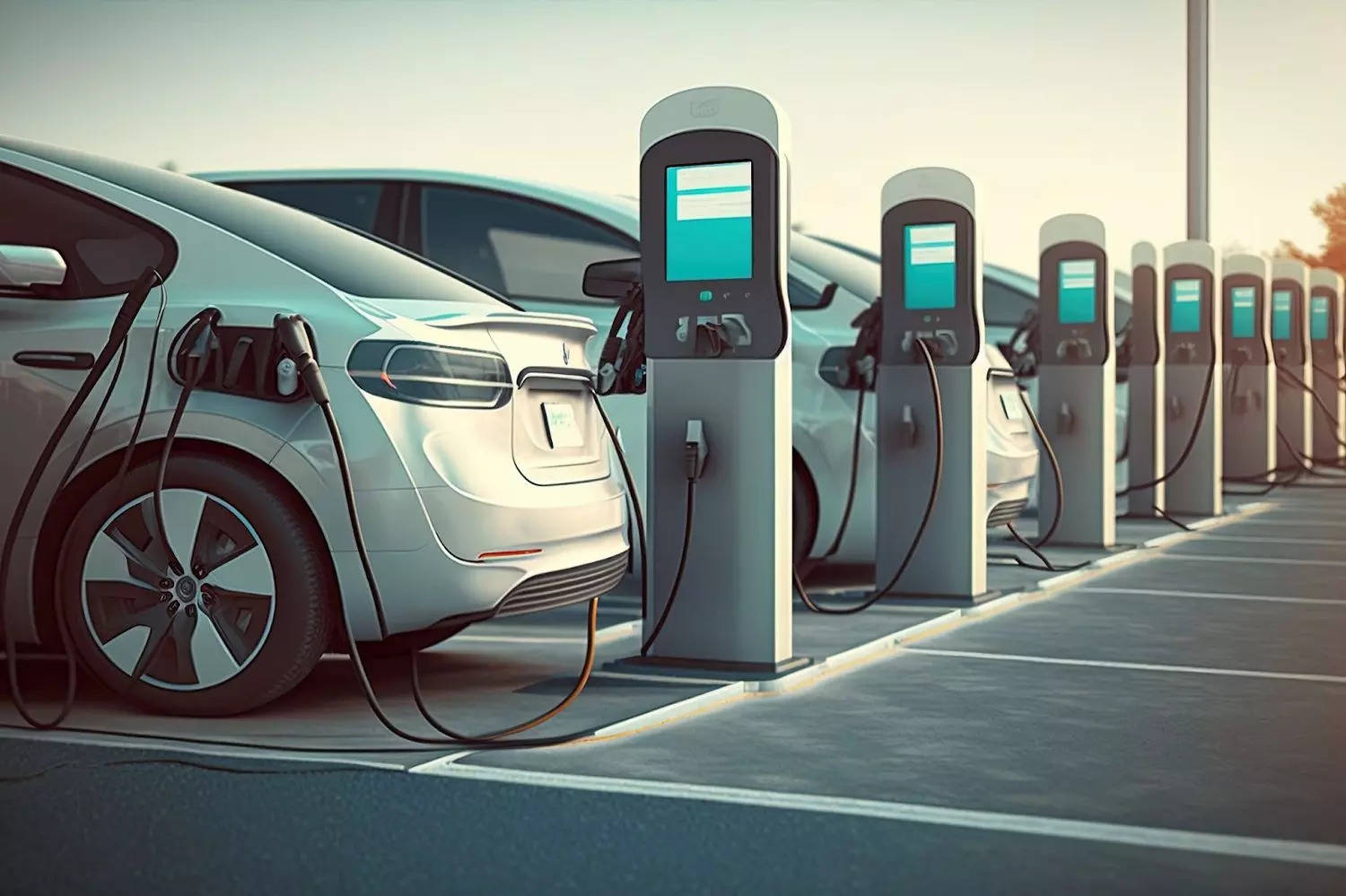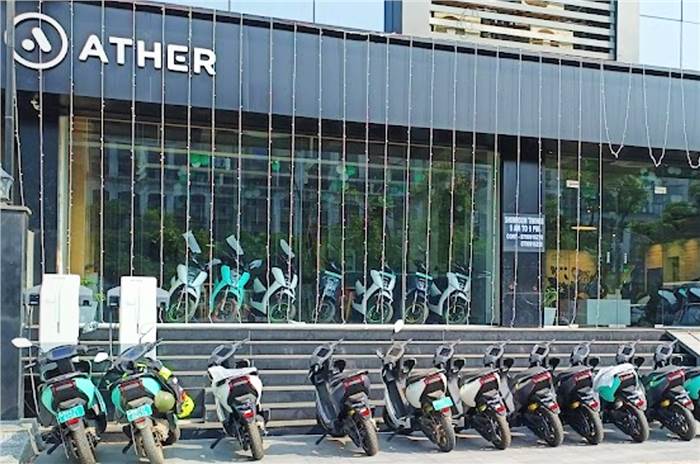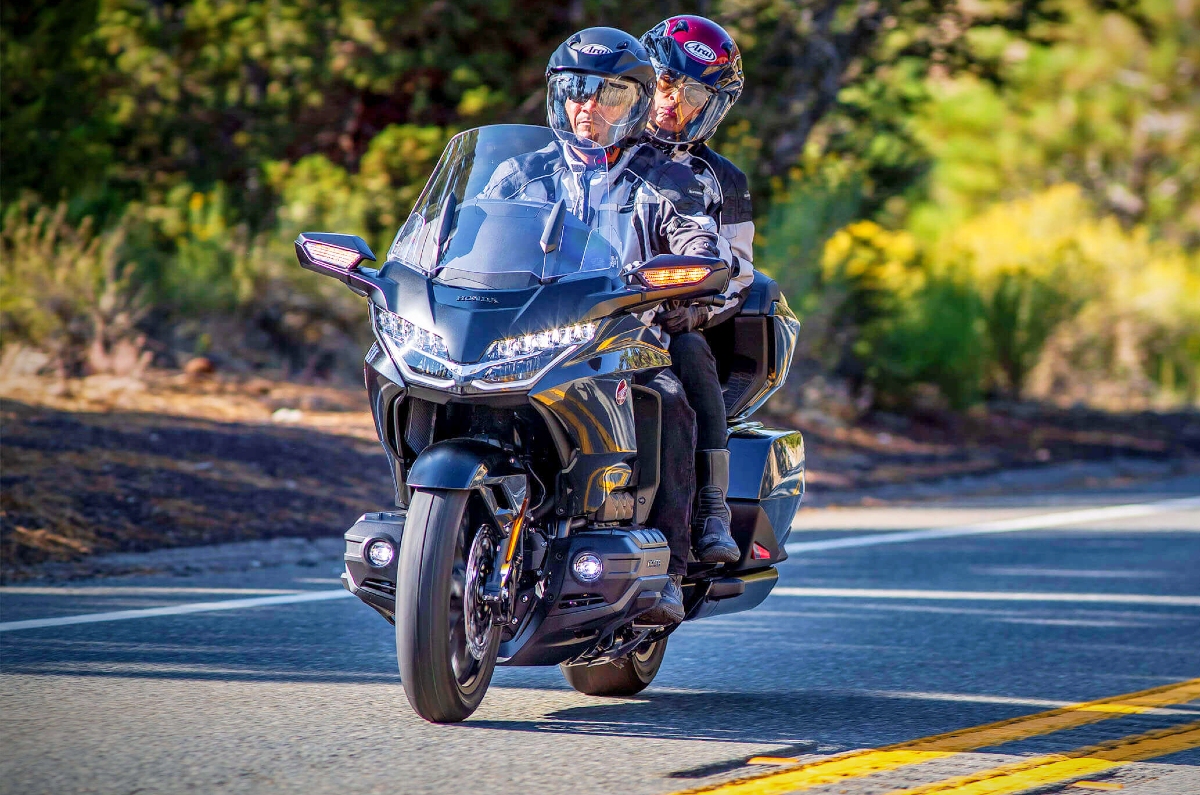Waymo, the robotaxi service owned by Alphabet, has dropped its waitlist of roughly 300,000 people and will now be open to anyone with a smartphone in Los Angeles, according to an announcement on the company’s website Tuesday. People in L.A. looking for a driverless taxi can download the Waymo One app starting today, and it’s just the latest sign that the sometimes controversial robotaxis are on a path to become more normalized on American streets.
Waymo currently operates in Los Angeles County in an area that stretches from Santa Monica to the west and downtown Los Angeles to the east, as you can see in the coverage map below, taken from the Waymo One app. The company has said there are plans to expand beyond the current 79 square miles, but a timeline for that hasn’t been provided.
Waymo already has a presence in San Francisco and Phoenix, with publicly available rides in Austin and Atlanta reportedly coming soon.

Part of Waymo’s marketing pitch is providing a sense of safety and peace of mind to passengers who may not want to encounter a human driver. The company’s press release includes a testimonial from Tisha Janigan, founder of She is Hope, a nonprofit centered on helping single mothers.
“Riding with Waymo was an incredible experience—smooth, safe, and truly impressive,” said Janigan. “When I rode alone and with some of our single mother families, we were amazed by the driverless technology and the sense of comfort it provided. Access to Waymo could be a game-changer for women we serve, offering a nonjudgmental, reliable transportation option that prioritizes safety.”
Waymo released a video on YouTube promoting the expansion of service in Los Angeles.
But the company, like all robotaxi operators around the country, has been the subject of controversy, including a collision with a cyclist earlier this year. Robotaxi enthusiasts argue that driverless cars are actually safer, and while that may be true in some respects, the subject of liability when something goes wrong has always been a tricky one.
Who’s supposed to be held responsible when something awful happens? The company that operates the car? The person in the vehicle who was perhaps just along for the ride? Those questions haven’t been answered to anyone’s satisfaction yet. But that’s not going to stop companies like Waymo and competitors like GM’s Cruise or Amazon’s Zoox from pushing forward. Elon Musk’s Tesla Cybercabs were announced with a lot of smoke and mirrors last month, but we still don’t have a realistic timeline on when that might ever happen.
The company touts a 98% ride satisfaction rate for its 150,000 rides nationally each week, with 96% of riders reporting they find Waymo useful. And Waymo is clearly very excited about the future.
“Now is an exciting time to welcome everyone in Los Angeles along for the ride,” said Tekedra Mawakana, co-CEO of Waymo, in a press release. “Our service has matured quickly and our riders are embracing the many benefits of fully autonomous driving. We’re so grateful to all of our first riders in LA, and we can’t wait to serve more riders soon.”




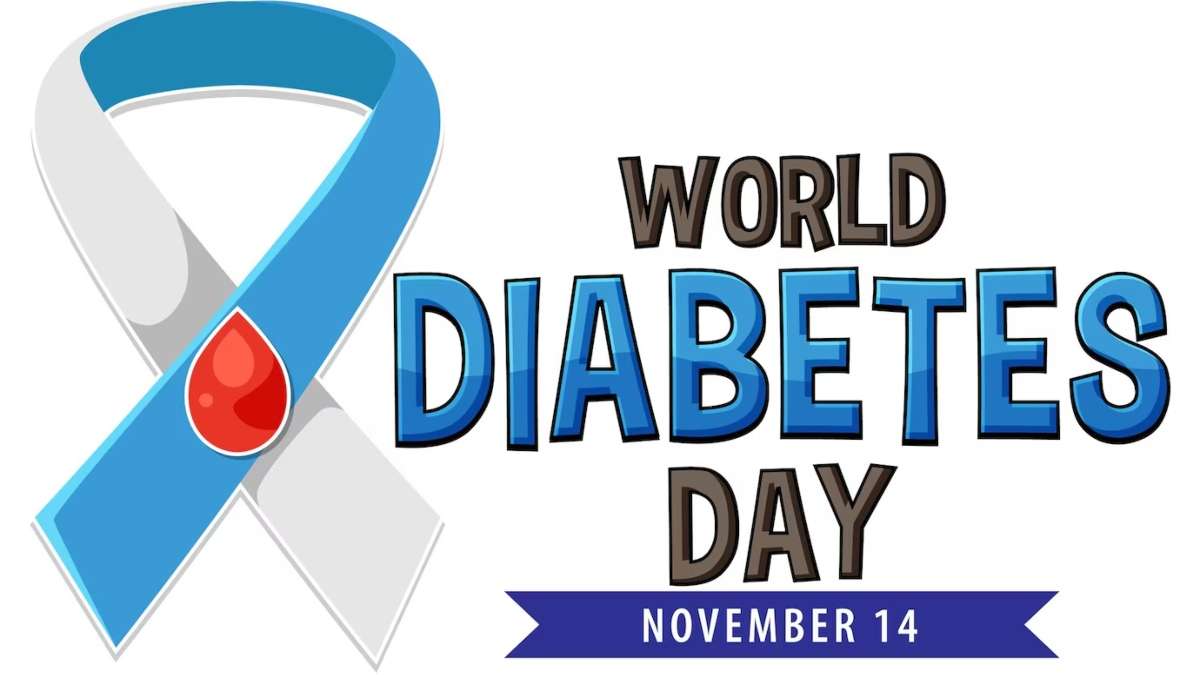





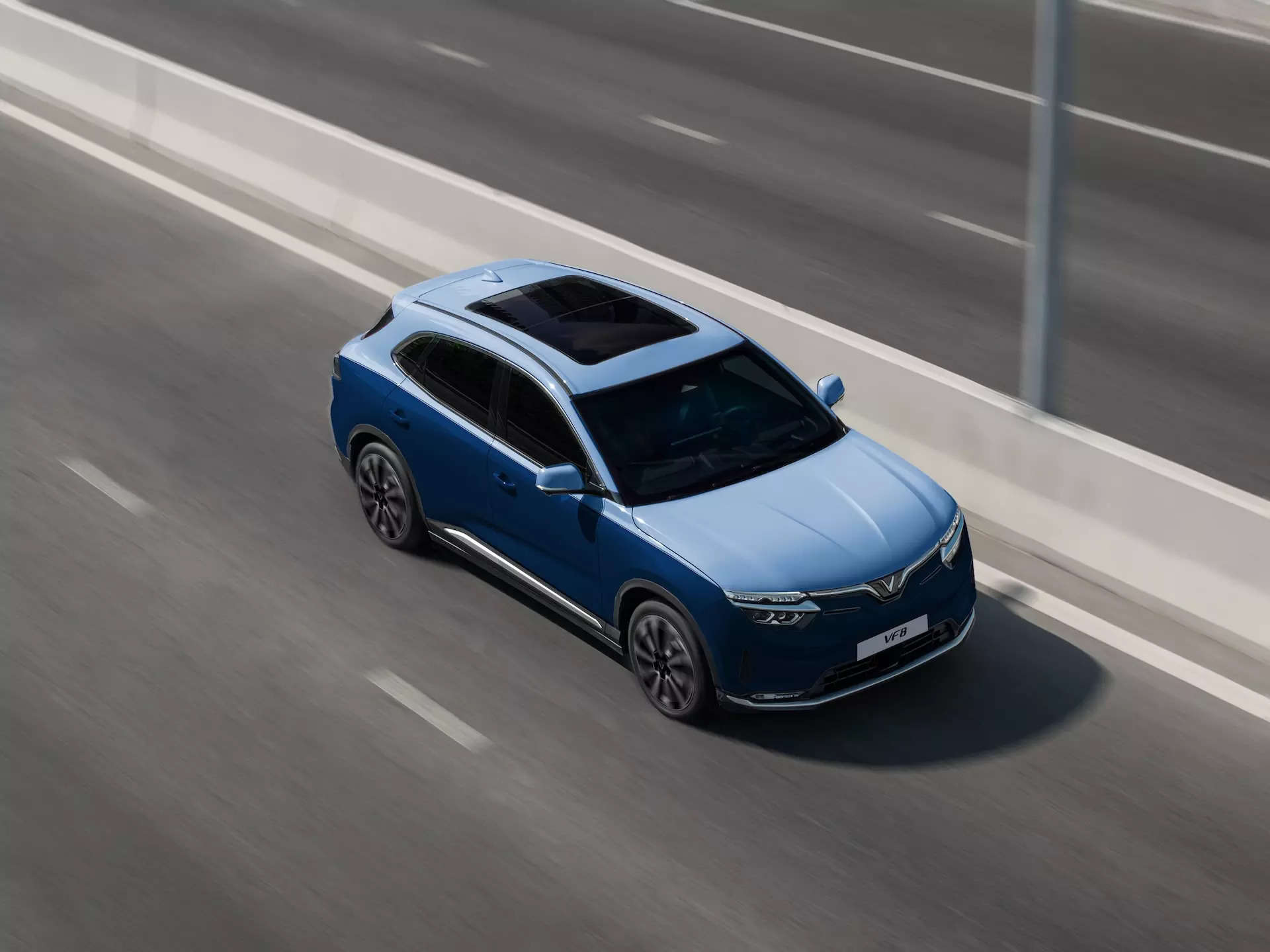
.jpg&w=735&h=415&q=85)
